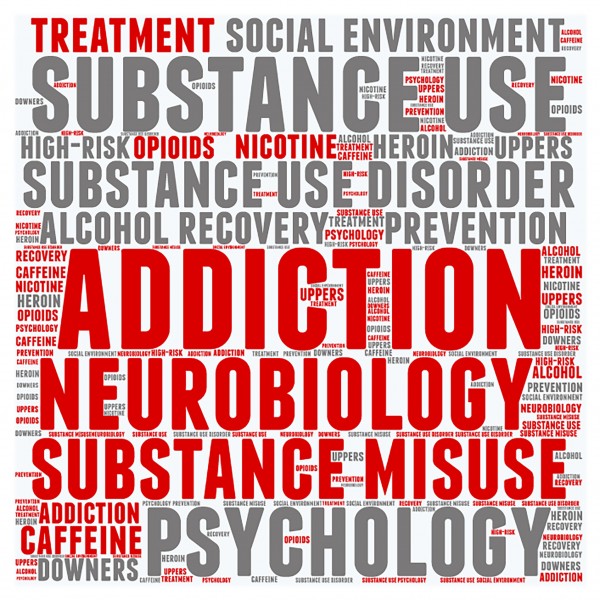Applying Real-World Scenarios to Coursework Material

College of Social Work’s Audrey Begun had not been happy with her course’s textbook, and she wanted to find a way to create course materials that were more relevant to her class. By receiving an Affordable Learning Exchange (ALX) grant, Begun now has the opportunity to create her own digital library of resources from material in the public domain and the library’s collection at Ohio State.
Through this project Begun will save her students $40,500 annually, and provide real-world situations in a classroom setting for students. Learn more about Begun’s experience developing openly licensed content for her class with the help of ALX.
Q: Why did you decide to pursue this project?
I have not been happy with the use of textbooks in this course for several reasons. There is no textbook that selects and organizes the material that I believe is important for students to learn on this topic, especially since this is a transdisciplinary course (Theories and Biological Basis of Addiction) and the books all come from one or another specific discipline. The textbooks are already out of date when published because this (substance use) is a fast-moving, quickly changing topic.
Students are reading the books as if they are novels, not making clear connections to the implications or applications of the content they are reading, and this is a course of applied content. Too many students each semester are asking if they can buy old editions because the new one is too expensive, or are not buying the book at all and then suffering in their inability to achieve the learning competencies. I was intrigued by the opportunity to create something new and different.
Q: Can you tell us a bit about the materials that you found while creating your new textbook? Did it meet your needs and expectations in terms of quality and credibility?
In locating materials, I found that it was either feast or famine. On some topics there was an over-abundance of material to sort through, some of questionable quality. Other sources were of very high quality but sometimes too lengthy, too detailed or too technical for this level of course. On other topics there was nothing from the perspective that I wanted students exposed to.
I found many pieces and the solution was to do a lot of writing myself that formed the structure, framework and context for the pieces that I found for students to read. This approach helped tie the disparate pieces together and helped create a more consistent “voice” for the multiple sources used. I was able to draw a great deal of material from National Institutes of Health materials and was able to link the readings to the recorded lectures (online course sections) through the context writing.
Q: Has anything changed from your original plan of what your online textbook would be like?
Using Pressbooks as the specific tool was not what I expected, and I was delighted to learn about it. It is the perfect mechanism, especially since I can incorporate the H5P interactive activities. These are helping me provide students with what I am calling “Stop, Think” interludes in the reading—helping them stop and think about how the reading materials apply to real-world questions and scenarios, rather than passively reading about examples and cases. I hope that this will help them develop greater knowledge and mastery over the use of the information than has happened in past semesters.
The other thing that I had not planned was the assistance of someone to help me transfer the content into Pressbooks format. Pressbooks was not hard to learn to use, but there is a lot of material to transfer and fussy formatting to attend to—he [Aaron Carpenter] was doing the transferring while I was busy creating the content.
Q: Why should your peers apply for an ALX grant, and what advice do you have for others thinking about reimagining their textbooks and course materials?
The opportunity for creativity and approaching the learning-teaching enterprise from a new angle is energizing and exciting. The support team is very competent, so you will not be left floundering as an inexperienced reformer of textbooks.
[For those thinking about starting the process] start early, plan to spend MANY more hours at it than you anticipate and think about the student experience of the material you are presenting. The differences in what I can present to students in this format are far superior to traditional textbooks, but only if I present it in a format that provides context for what they are reading.
ALX is now accepting proposals from instructors who want to transform their courses using open and affordable materials, just like Audrey did! Any course is eligible for consideration–from small seminars to large, multi-section general education courses.
Applications are due Friday, Sept. 8, 2017.
Learn more about the programand opportunities for faculty to get involved.
